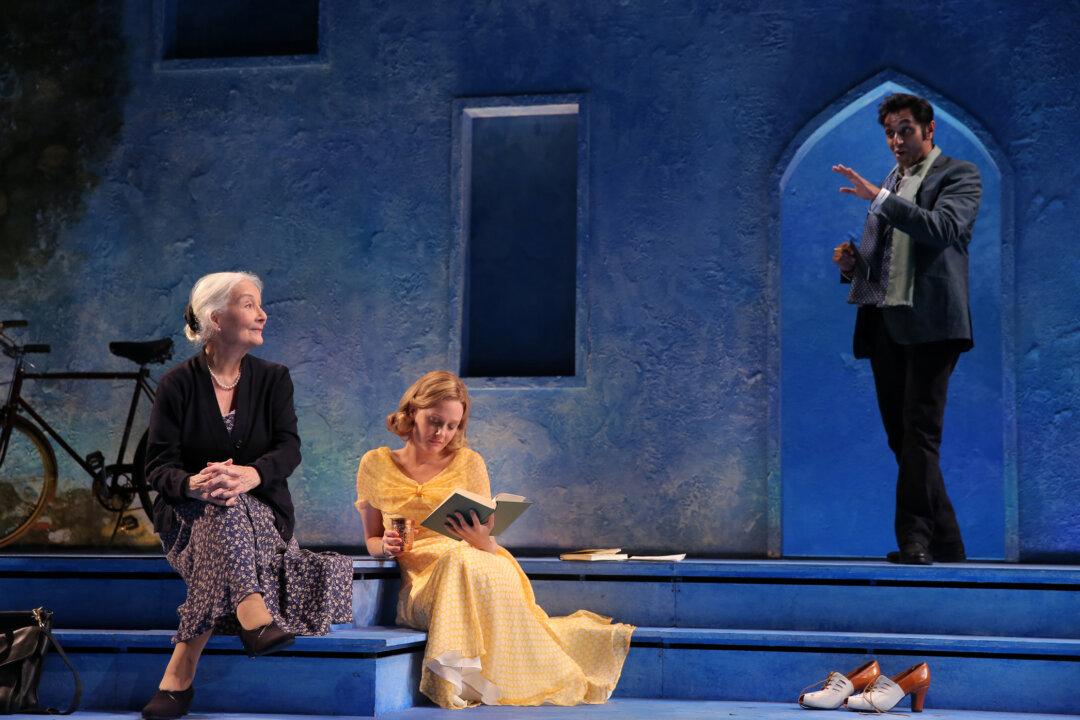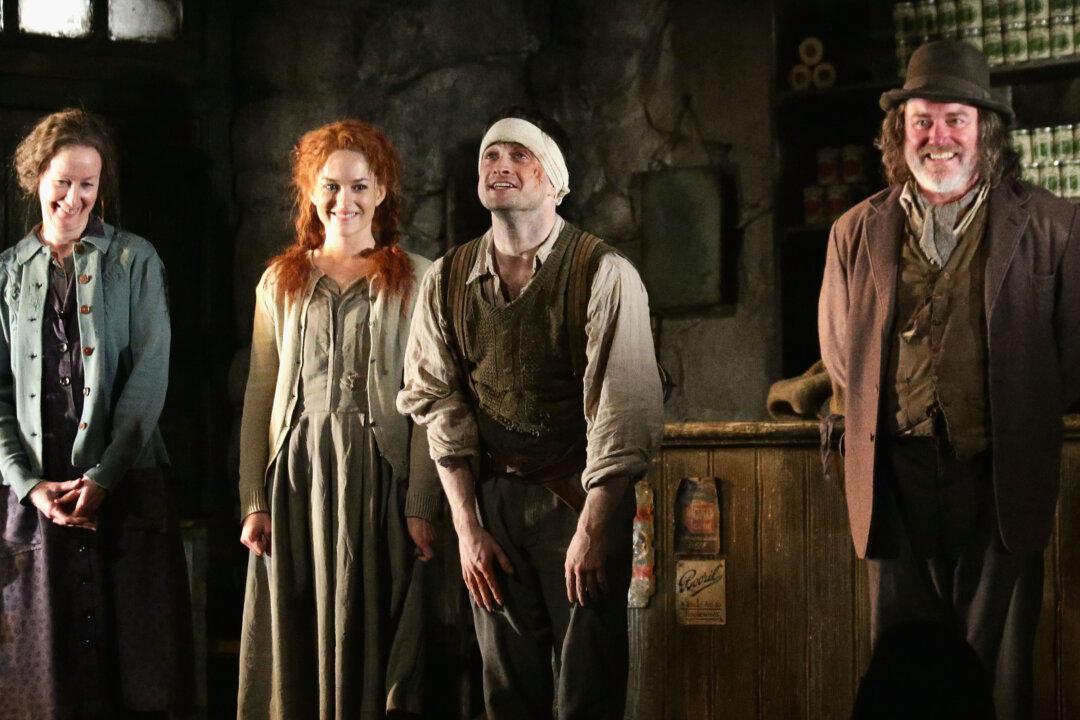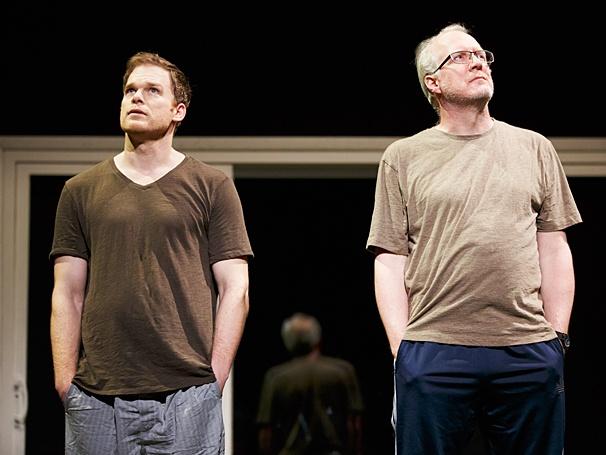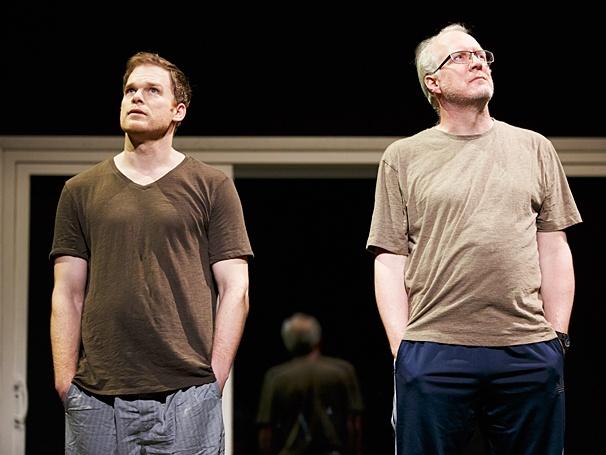Only Strauss could pack quite so much Sturm und Drang into a romantic comedy as he did in Arabella. But the Met’s lovely period production, which it revived with a total of six house debuts, finds both the romance and the comedy amid the tumult, and the soprano Malin Bystrom and the baritone Michael Volle are splendid as the soulmates who overcome misunderstanding and suspicion on their way to true love.
Bystrom, in only her second Met appearance, is ideally suited to the role of Arabella, the beautiful daughter of a bankrupt aristo who wants to marry her off for money. Her voice soars elegantly in her determination to marry for love and is full of sisterly affection in the tender Act 1 duet with her sister, Zdenka.
Volle is triumphant in his long-awaited Met debut as Mandryka, the country bumpkin of a suitor who wins Arabella’s heart. He cuts an imposing figure onstage and sings with a strong baritone that is rich in texture, fervent in his declarations of love and thunderous when he thinks he has been deceived.
Arabella was Strauss’s last collaboration with the Austrian poet Hugo von Hofmannsthal, his librettist for six operas, including Der Rosenkavalier. The music is melodic and lyrical, especially for the two main soprano roles, and for the baritone, which ranges from pastoral simplicity to stormy outbursts.
The modest story begins with the penniless Count Waldner trying to find a wealthy husband for Arabella so he can pay his gambling debts and keep the family solvent and in Vienna. The Count and Countess even have been dressing their younger daughter as a boy because they can’t afford to bring her out in Viennese society.
At the outset Arabella has four suitors—three young Counts and a poor army officer named Matteo—but she is holding out for Mr. Right. Zdenka is secretly in love with Matteo herself but can’t pursue him because she is masquerading as a boy. However, she has been writing him love letters in her sister’s name just to keep him hanging around.
In his search for a husband for Arabella, Waldner has written to a rich old army buddy and sent along a picture of his daughter. As it turns out, the old army buddy has since died but his nephew, Mandryka, saw the picture and has arrived in Vienna to find the young woman in the photo. As soon as he and Arabella cast eyes on each other, it is love at first sight.
They finally meet at a Coachman’s Ball on Shrove Tuesday. Mandryka woos Arabella with stories of wrestling with a bear and tales of country life, including how it is the custom for a young woman to bring a glass of water to the man she favors as a husband. It is a touching duet and one of the high points of the opera.
Then the complications set in. Zdenka gives Matteo a key to her hotel room but tells him it is Arabella’s. Mandryka overhears this exchange and believes his fiancee is arranging an assignation with the army officer. He scurries off to the hotel, accuses her of wanton duplicity, and refuses to believe her protestations of innocence. Challenges are hurled, pistols are sent for, and a duel is imminent.
Then Zdenka shows up and confesses that she is actually a girl and it was she with whom Matteo spent a passionate hour upstairs in the bedroom. Apologies all around and the night ends with Arabella bringing Mandryka a glass of water.
The Met has put together a first-rate cast of newcomers for this revival, the first in some 13 years of Otto Schenk’s handsome and elegant staging. Juliane Banse is sparkling as Zdenka in her first Met outing. She sings with passion and urgency in a sharp, clear soprano that is a pleasure to hear. Roberto Sacca, also in a debut as Matteo, has a promising tenor voice that is full of ardor.
The bass-baritone Martin Winkler is solid as the card-playing Count Waldner in his first Met appearance, and the mezzo Catherine Wyn-Rogers is a stern Countess with a touch of coquette still about her in her debut. And Brian Jagde is volubly enthusiastic as Elemer, one of Arabella’s young admirers, in his first performance here. Philippe Auguin conducted at a smart pace that kept the action moving.
Wilborn Hampton is an author and theater critic.
Posted with permission of Huffington Post

Michael Volle as Mandryka and Malin Byström in "Arabella.” Marty Sohl/Metropolitan Opera
|Updated:




